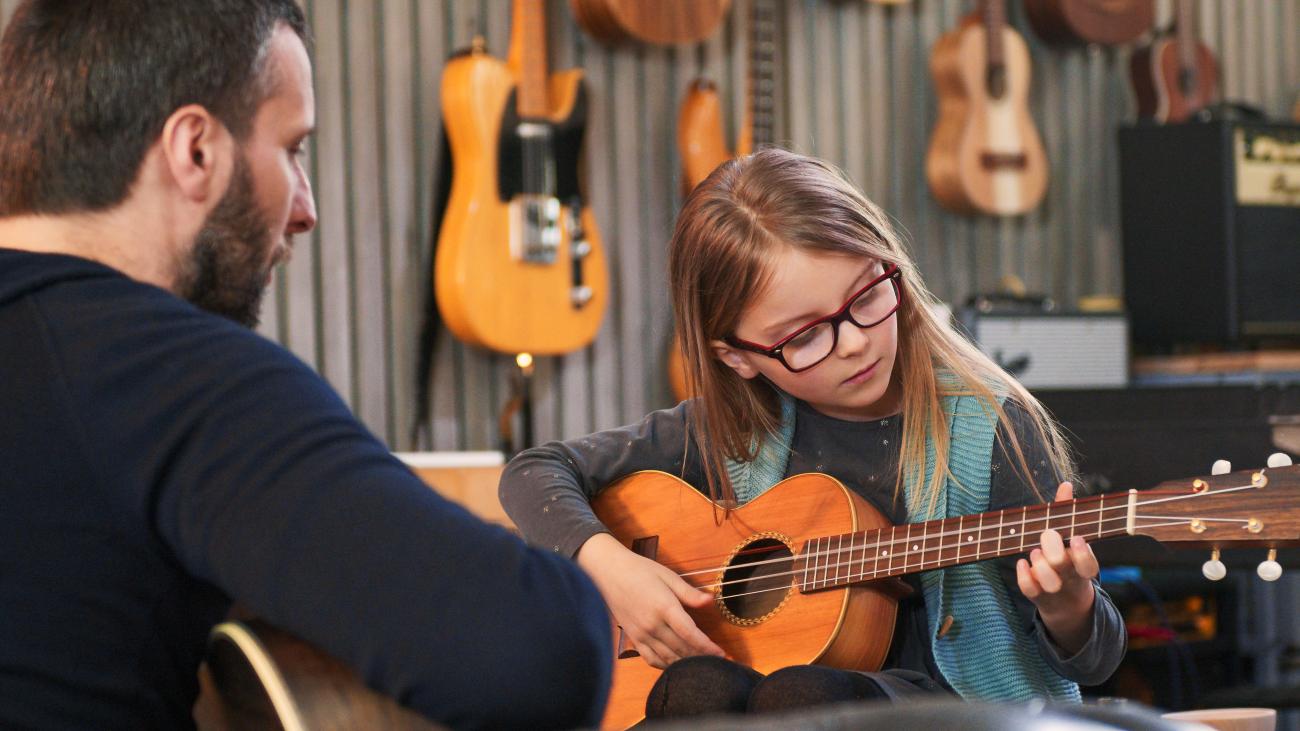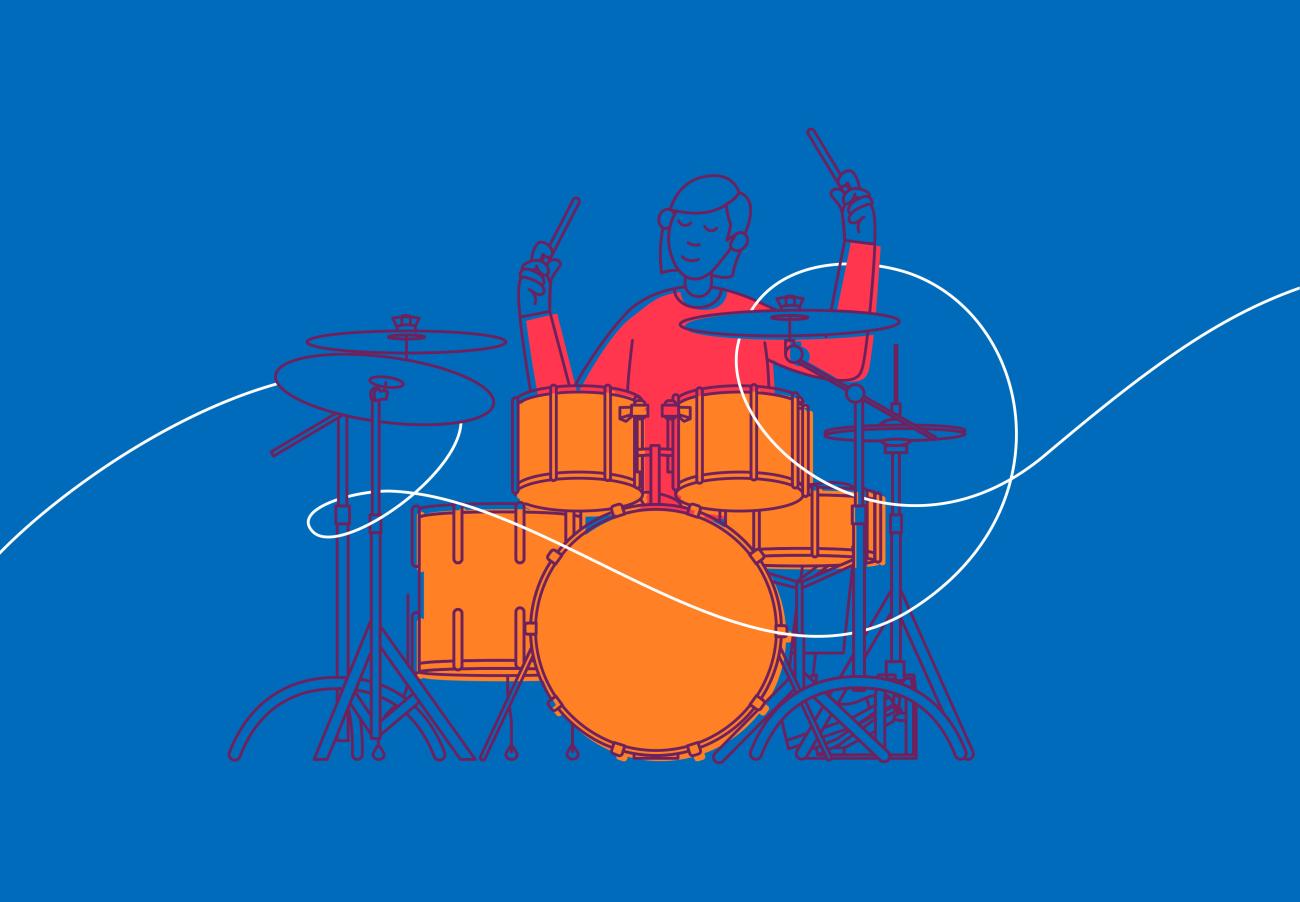Music Medals
Introducing Music Medals
Music Medals are teacher-led assessments for younger learners that introduce essential skills and encourage playing together. They build on what's taught in lessons and enable students to gain recognition for their hard work.
We only offer Music Medals in the UK.
Music Medals are the ideal choice for teachers preparing their candidates for assessments from pre-Grade 1 to Grade 4 level. We’ve designed them for learners at the beginning of their musical journey, so you can measure and reward achievement from the start.
The teacher-assessor leads and video records the assessment before submitting the video and results to us for moderation. We then issue the results, Music Medal badges and certificates.
Music Medals are assessed by the teacher.
To enter and assess your candidates:
- Register and create an ABRSM account.
- Register as a teacher-assessor and complete our Music Medals training by attending a free training event or completing our course on the Teacher Hub. Find out more on our Music Medal registration and training page.
- After the training, you can book Music Medals at any time.
- Once you’ve booked we will email you the Option tests within five days, and you have eight weeks to video record and submit the assessment.
- Assessments can take place at a time to suit you and your candidates. We recommend that you allow at least five working days between booking and the assessment to give enough time to receive and download the Option tests.
There are three components in a Music Medal assessment:
- One ensemble piece
- One solo piece
- One option test – from a choice of four, covering a range of musicianship skills
Information for electronic keyboard players
At Copper, Bronze and Silver levels, candidates can play chords with a single finger or fully fingered. At Gold and Platinum levels, they should play full-fingered chords over a rhythmic groove.
An integral part of the Electronic Keyboard assessment is using the rhythmic groove, chord sequences and voice change functions on a keyboard. This means that candidates must perform on a electronic keyboard, rather than a piano.
Select your subject to download a Music Medals repertoire list. For the solo, candidates can choose a piece from the Music Medals list or, at Bronze upwards, from the Practical or Performance Grade syllabus listed here:
- Bronze – Initial Grade (Piano and Bowed Strings only) or Grade 1
- Silver – Grade 1 or 2
- Gold – Grade 2 or 3
- Platinum – Grade 3 or 4

